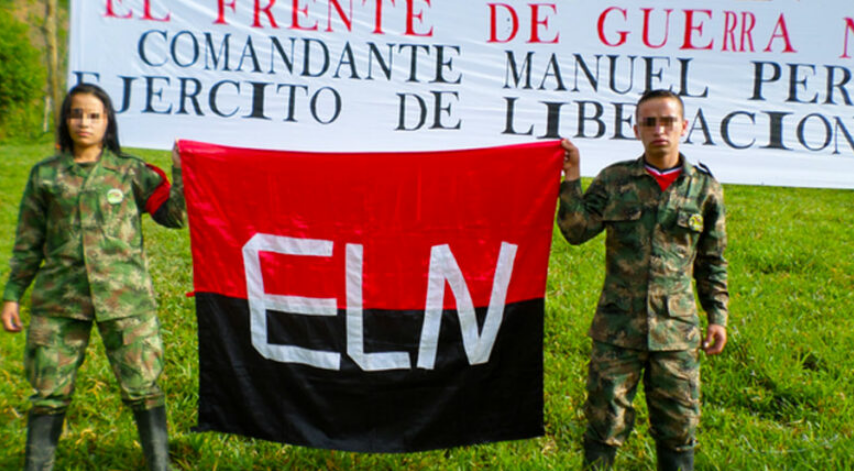
In Colombia, hunger is a State policy, planned to maintain the political regime, the privileges of the elites and the profits of transnational corporations; policies are designed and implemented to favor the powerful to the detriment of the interests and rights of the vast majority. This has deepened even further since the implementation of neoliberalism at the end of the last century, with the onset of privatizations, financialization and a new international division of labor, where we are left with the role of producers of raw materials and dependent on food.
The GNAFC report points out that in Colombia there are 13 million people with food insecurity, that is, roughly the same number of inhabitants of Sweden and Uruguay combined; this contrasts with the 9. 7 million tons of food that are wasted each year.
The distribution of land and its use is a determining factor in the deepening of hunger, since 1 per cent of landowners own 81 per cent of the land; to this is added the accelerated process of land alienation, many foreign companies own more than a million hectares of the best land, which they allocate to monocultures for export.
The current economic model is openly attacking the popular and peasant economy, and the national economy itself, thus weakening productive capacity; where previously there was diversified agriculture, there are now monocultures for export, even swampy complexes and watersheds where fishing, hunting and stationary crops abound, now there are immense expanses of oil palm and other monocultures. Similarly, extractivist mining has contributed to increasing hunger and social and environmental inequality; in different regions of the country, transnational corporations, through paramilitaries, are dispossessing peasants of their land; they are diverting and polluting water, air and soil.
In conclusion, capitalism at its different times and with its different faces aggravates social inequality, famine and misery of mankind; its emphasis is on the profitability and profit of a few, regardless of the fate of millions of human beings.
Colombia must move towards an economic model for life that includes the democratization of the land and curbing its alienization, true sovereignty and food security that guarantees healthy and culturally appropriate food. It is necessary to promote peasant and indigenous agriculture, access to new technologies without degrading nature and a productive system aimed at finally overcoming hunger. Welfareism and paternalism exacerbate the food crisis, because it does not attack the root of the disease, it is only a ‘cake of lukewarm water’.
Bearing in mind that hunger is a global and particularly regional issue, the social and economic integration of Latin America and the Caribbean should be promoted, where trade relations of solidarity, exchanges of seeds and mutual assistance are developed, in order to place the common goods, potentialities, knowledge and wisdom of different peoples at the service of people and nature.
source: eln-voces.net